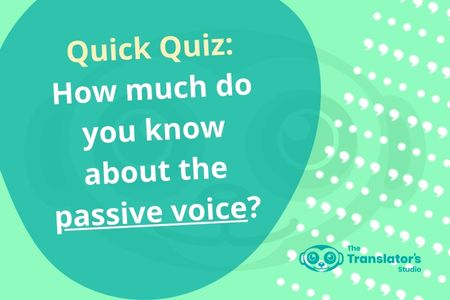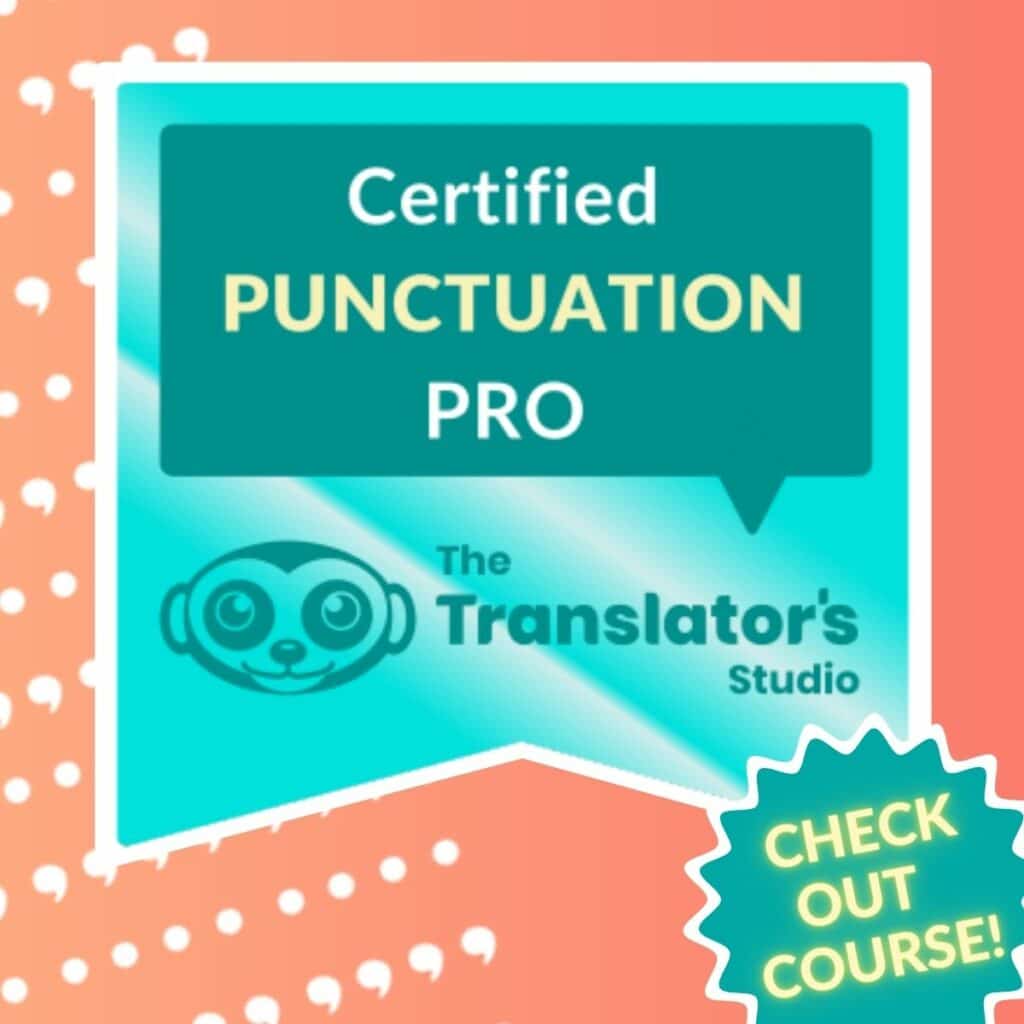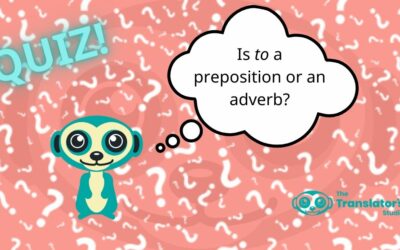If you’ve studied languages you’ve probably come across the passive voice. Maybe you’ve seen it mentioned in connection with writing style and register? But do you know the ins and outs of the passive voice? When to use it, how to use it and why?
Writer or language student, test your skills with the passive voice with our clever quiz! See if you’re a passive expert or whether it’s more just passing knowledge. Either way, you can check your answers at the end and learn more about this high-level grammar device. What are you waiting for? Let’s go!

Find out how much you know about the passive voice!
1. When is the passive voice used in English?
2. How is the passive formed?
3. How does the passive voice change the register of a text?
4. What should you be careful about when using modal verbs in the passive?
5. What is the passive infinitive?
Scroll down for the answers!

Answers to quiz about the passive voice
1. The passive voice is used to focus on the action or the object (my son was attacked in the park), when the subject is unknown or unimportant (I was promoted to senior manager), or when it’s obvious who did the action (he was arrested last night).
2. The passive is formed with the verb to be and a past participle of the main verb.
3. The passive makes the register more formal and it’s often used in public announcements and academic writing (Children must be supervised at all times).
4. When using a modal verb, use the order modal + be + past participle (He should + have been + given the answers straightaway).
5. The passive infinitive is common after modal verbs to indicate what’s possible or correct (I’m expecting to be given a pay rise).
Looking for more help with advanced English?
If you’re a language learner and you’re struggling to find challenging exercises, check out our article on the best books for advanced English learners.
If you knew all about the passive voice and are a linguist or translator, check out our translator training courses. Whether you’re a working translator with plans to get qualified, or just starting out in the world of translation, we have the right course for you! Do your free level test.





0 Comments